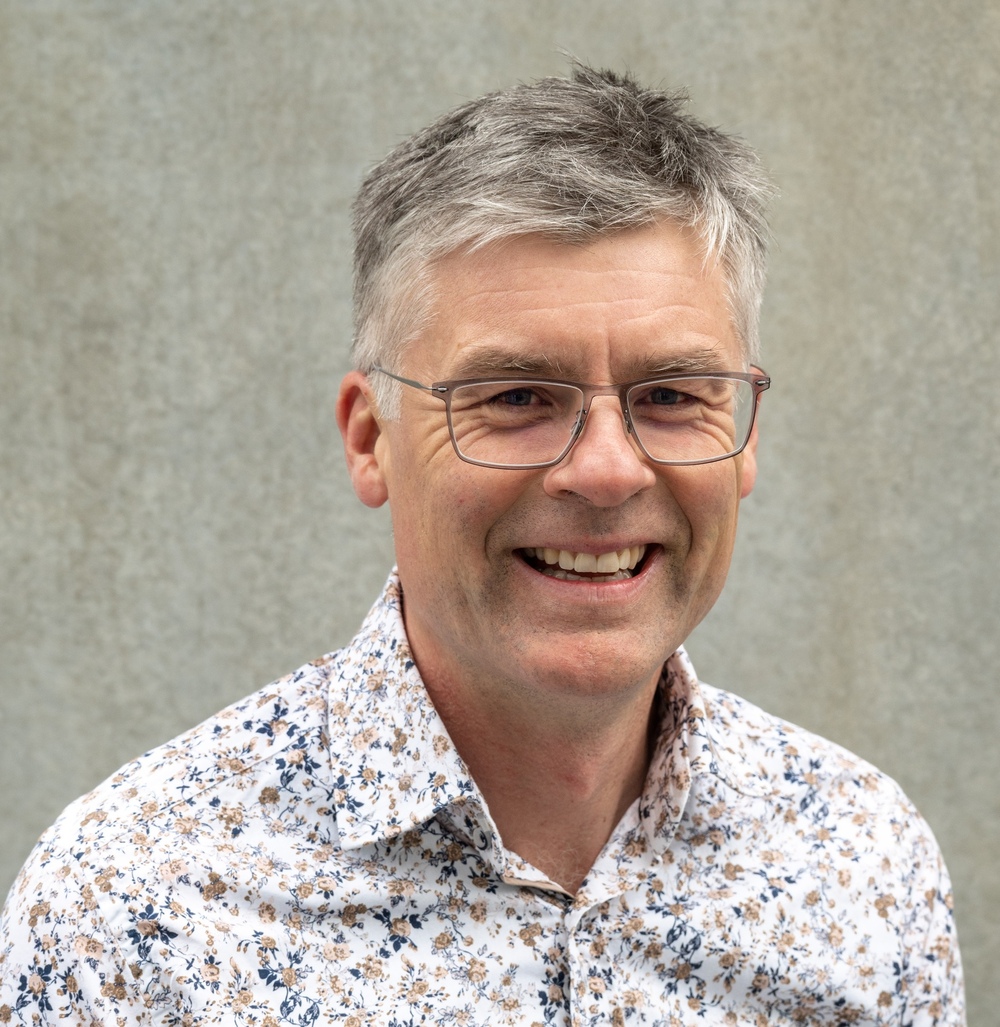Action plan addresses long held ‘feeling of inequity’
Sue Wards, Editor
12 June 2024, 5:00 PM
 Pressures on infrastructure, facilities, and services have been “felt keenly” by the Upper Clutha community, a QLDC action plan says. PHOTO: Wānaka App
Pressures on infrastructure, facilities, and services have been “felt keenly” by the Upper Clutha community, a QLDC action plan says. PHOTO: Wānaka AppA detailed action plan for Queenstown Lakes District Council (QLDC) to develop a stronger relationship with the Upper Clutha community and promote good practice has been assessed as a good start.
Sparked by a local man’s petition to secede Wānaka-Upper Clutha ward and form its own council, the Local Government Commission directed QLDC to prepare an action plan to address perceived inequities, and this week QLDC shared its plan publicly.
Wānaka Upper Clutha Community Board (WUCCB) chair Simon Telfer told the Wānaka App the plan was an improved version of a draft discussed at a workshop last month.
“The final report includes greater reflection which is a real positive,” he said.
“However there still remains a reluctance in senior levels of QLDC to truly empower and enable communities and to take a ‘let's make this happen’ approach.
“For an elected member it can be exhausting to work alongside such a culture.”

Community board chair Simon Telfer says it can be exhausting to work alongside the council culture. PHOTO: Jeannine Tuffin
QLDC was asked by the Local Government Commission to build an action plan around four recommendations: improving communication; assessing how equitably council resources are prioritised across the district; further empowering the WUCCB; and talking to Te Rūnanga o Ngāi Tahu about actions to strengthen its relationship with QLDC and the relevant rūnaka of Ngāi Tahu.
In the plan, QLDC acknowledged concerns raised by the 2021 petition for the Wānaka Upper Clutha Ward to leave the QLDC.
“The feeling of inequity has been long held and continued over many years and this plan is an opening to address that in a meaningful way,” council said.
“The pressures on infrastructure, facilities, and services, as a result of needing to provide for sustained and unprecedented growth have been felt district-wide and communities in Wānaka-Upper Cutha have felt these keenly.”
The council contracted a research business to arrange focus groups and personal interviews with hand-picked community members; researchers spoke to council staff, councillors, and the community board; and QLDC undertook a district and ward level audit of communications.
The researchers found a key concern was “the perceived need” for more consultation with Wānaka-Upper Clutha communities, with formal consultation processes often seen as tick-box exercises. They said some respondents also noted there was confusion around consultation, including the interpretation of consultation and uncertainty as to who has the most say in a consultation process.
As a result of the feedback, QLDC has committed to creating dedicated channels for ward-specific content; improving QLDC’s connections with local community groups and resident associations; and better-utilising technology to allow for more direct communication with residents.
One example is its commitment to enable remote access for council meetings, which Simon Telfer said “respects people's time and far better aligns with the council's decarbonisation goals”.
Empowering the community board
The plan also commits to enhance the WUCCB’s role by increasing its capacity and decision-making power.
It proposes a discretionary $15,000 fund for the WUCCB, which Simon described as “a start”.
He said the board would use the fund to offset costs for organising the likes of the health action community meeting (which took place in March); providing morning teas to thank volunteers, and “basic design of some community infrastructure projects to help them be visualised and get underway”.
The plan also proposes a minor capital investment fund for the board. Simon said the fund is yet to be scoped, but will follow the community grants model, for example looking at how the board can provide seed funding to help community groups deliver community infrastructure and facilities.
“Council doesn't have to be responsible for delivering every project in town,” he said.
The plan also suggests working alongside QLDC staff teams (Parks and Transport in particular), to provide feedback about which projects are the most important to the community, and which should be invested in completed earlier than others.
Simon said others would need to judge whether or not the plan would improve locals’ opinion of the council, but he was “confident that the changes will assist the community board as it seeks to become increasingly effective”.







